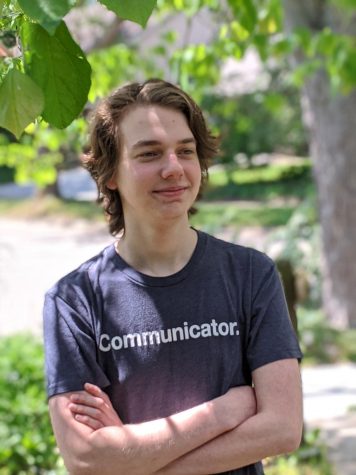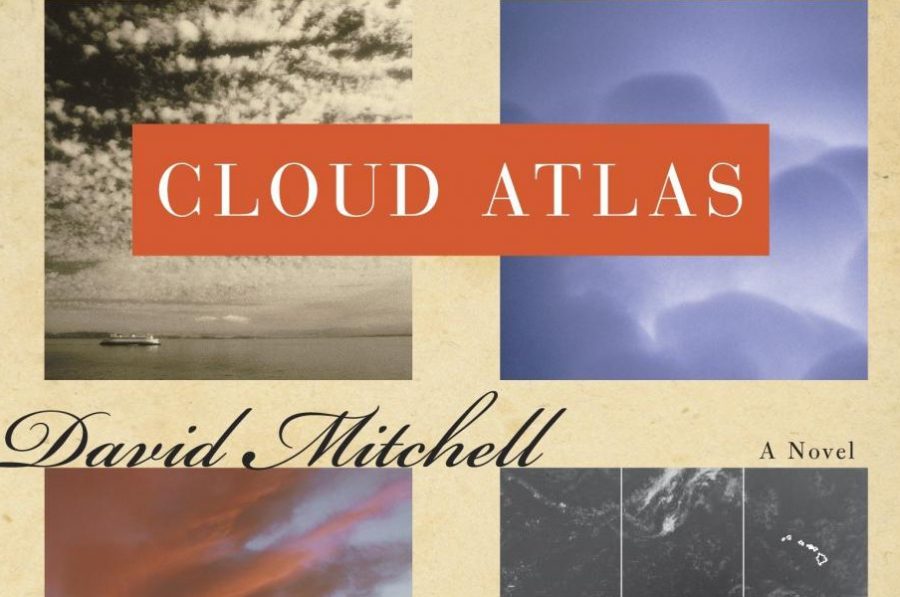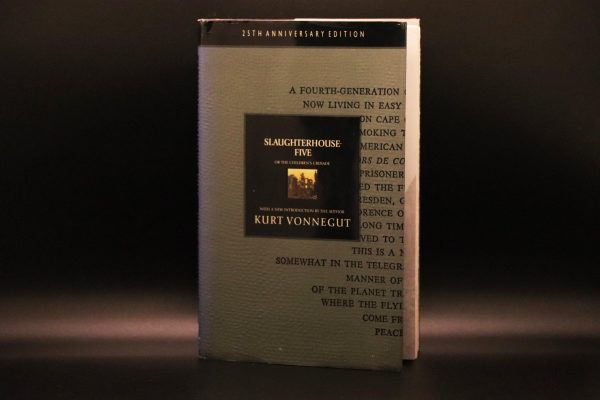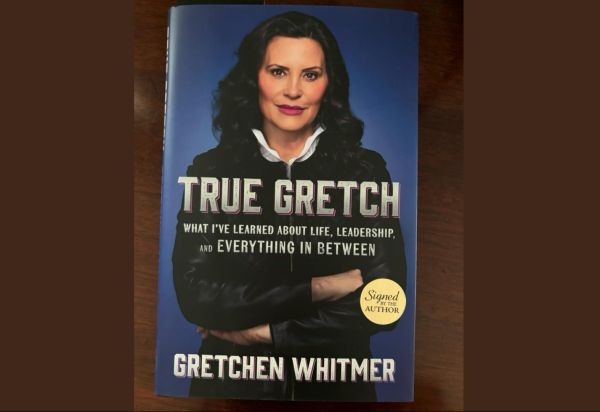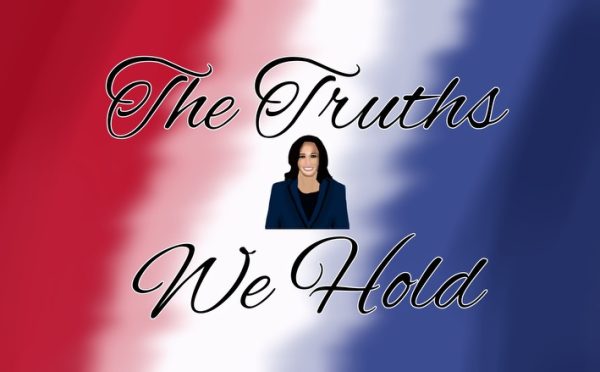“Cloud Atlas” by David Mitchell
When I picked up the book “Cloud Atlas” by David Mitchell, I assumed the book would be like the serene beauty the words ‘cloud atlas’ evokes in my mind. However, by the time I had read through a little more than a chapter, I could tell the book was not just some placid fantasy.
“Cloud Atlas” begins as a journal of an 1800s Pacific Ocean traveler, Adam Ewing. But just as we become engrossed in Ewing’s story and as his tale reaches its climax, his story abruptly stops and the novel switches to a series of letters written by 1930s disowned bisexual composer Robert Frobisher.
The novel makes five such switches, moving from Frobisher’s story to that of 1970s journalist Luisa Rey, from Rey to a contemporary elderly publisher Timothy Cavendish, from Cavendish to the futuristic dystopian robot Sonmi~451, and from Sonmi to post-apocalyptic farmer Zachry. Zachry’s story is the only one that is completed uninterrupted, with all of the rest of the mini-stories ending abruptly at a climactic moment. After Zachry’s story, the novel finishes each of the other five narratives, proceeding backwards from Zachry’s story until we end with Ewing’s journal.
Mitchell does a superb job of weaving these very different mini-stories together. Despite their extreme differences in terms of tone and setting, each mini-story links with the preceding one. From Frobisher reading Ewing’s journal to Rey reading Frobisher’s letters, the narrator of each of the mini-stories somehow becomes aware of the previous narrator’s life. Each narrator is also linked through a more personal mark we don’t fully understand until the end.
This novel is excellent for multiple reasons. The short stories are all well-written, with a developed plot and satisfying conclusions. The abrupt switches can cause some disorientation, but Mitchell does a good job minimizing these problems with fast-paced and clear plot lines.
However, the thing that really makes this novel great is the underlying message. The central idea to each of the stories is conflict, the idea of how humans will prey on and attack each other. This is unfortunately still a very relevant problem today, what with the rise of divisive politics and similar issues, and Mitchell’s “Cloud Atlas” is a beautifully told narrative of not only the problem but the hope for a solution.
